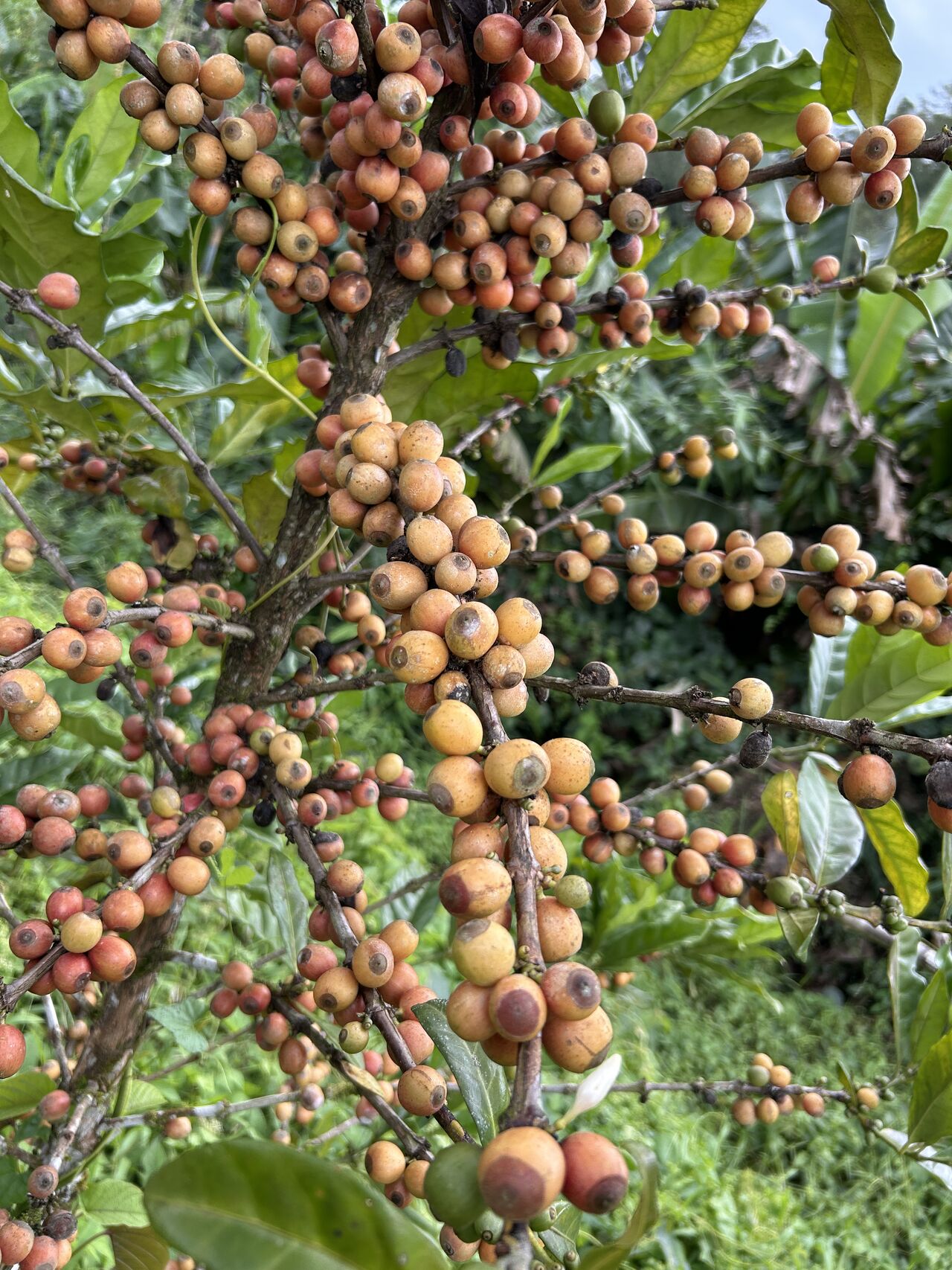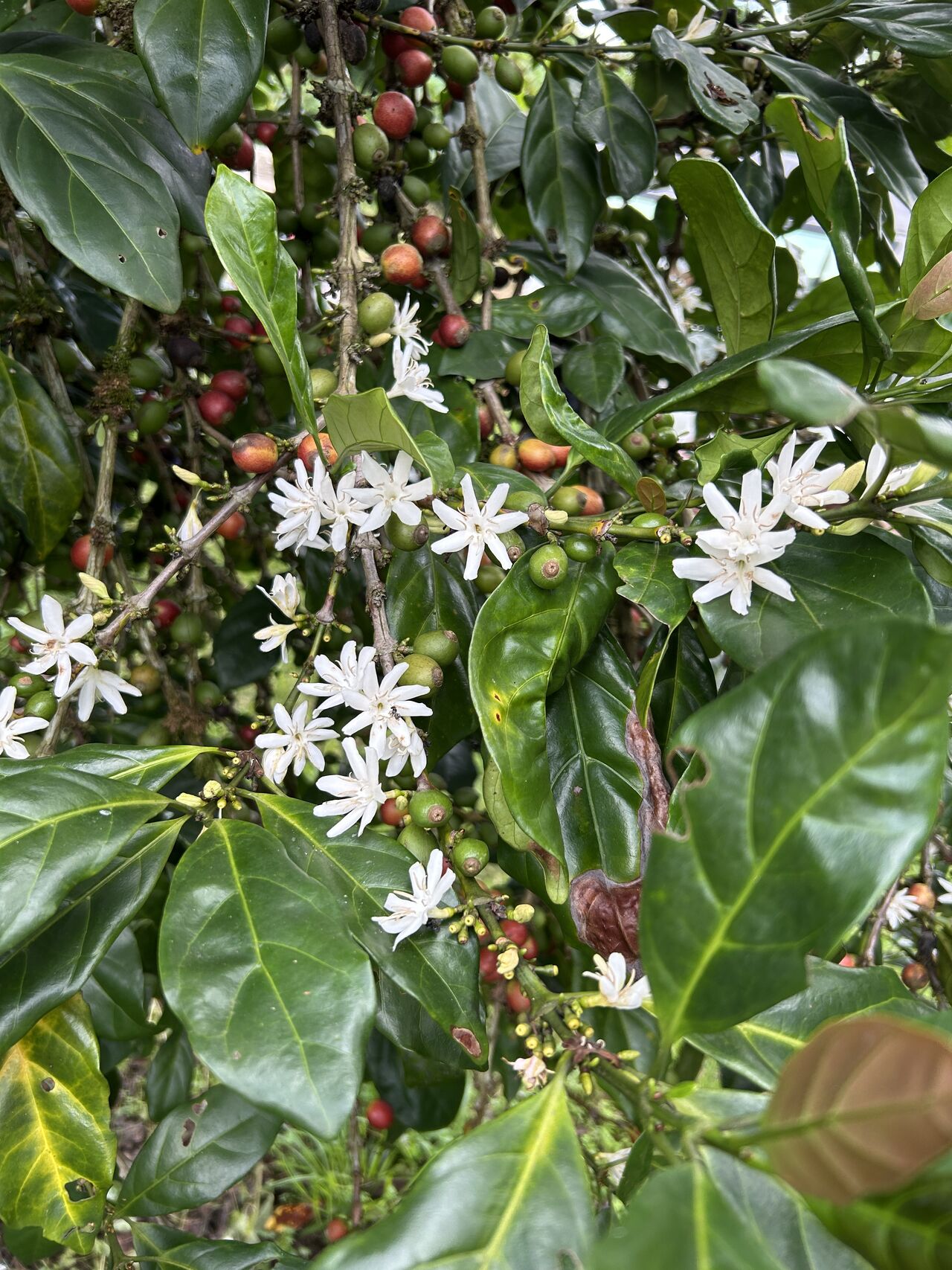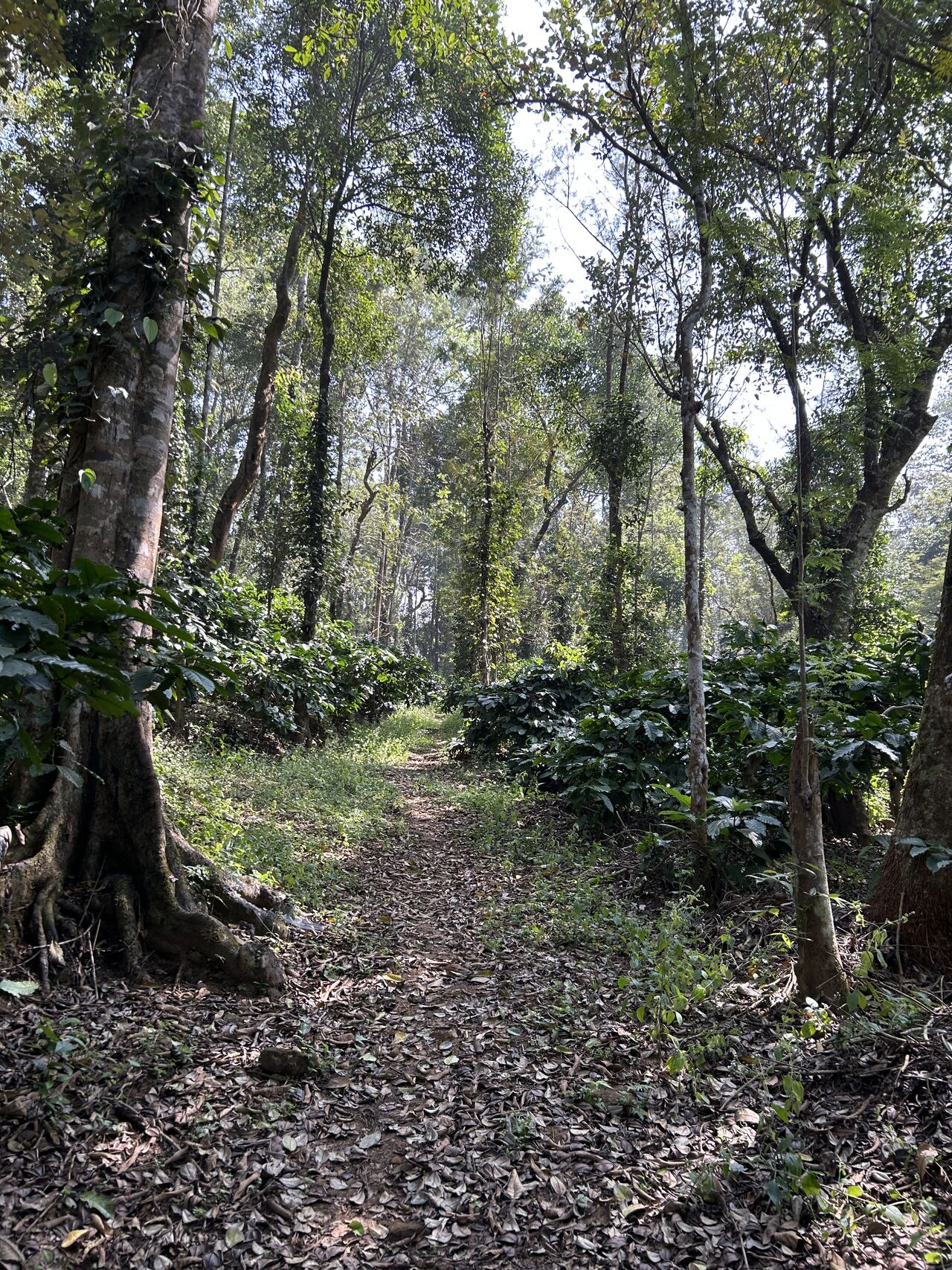
Sustainability Meets Science: Leveraging Research for Resilient Coffee Production
Sustainability Meets Science: Leveraging Research for Resilient Coffee Production
As global coffee demand grows, so do the challenges faced by producers. Climate change, declining soil fertility, and resource scarcity threaten livelihoods. Applied scientific research offers solutions to ensure coffee’s sustainability and resilience.
One pressing issue is soil degradation. Over-reliance on chemical fertilizers and monoculture practices has reduced soil health in many coffee-growing regions. Research into soil microbiota—the diverse microorganisms living in soil—reveals its crucial role in nutrient cycling and plant health. By promoting beneficial microbes, farmers can improve soil fertility and reduce dependency on synthetic inputs, fostering a sustainable ecosystem.
Water usage in coffee processing is another concern. Traditional wet methods consume vast amounts of water and release untreated effluent into waterways. Advances in eco-friendly technologies, such as closed-loop systems and dry processing, are helping reduce environmental impact. Mechanical demucilagers, for example, use minimal water to remove mucilage, lowering resource consumption.
Climate change poses an existential threat to coffee, with rising temperatures shrinking viable Arabica-growing areas. Researchers are exploring genetic diversity to identify climate-resilient varieties. Stenophylla and Liberica, for example, show greater heat tolerance and disease resistance. Integrating these traits into breeding programs can create cultivars capable of thriving in changing climates.
Shade-grown coffee systems are gaining attention as a sustainable alternative to sun-grown monocultures. Integrating coffee with native tree species provides habitats for biodiversity, sequesters carbon, and conserves soil and water. These systems also enhance coffee quality, often earning farmers higher premiums.
Sustainability extends to processing and packaging. Solutions like biodegradable coffee pods, recyclable packaging, and carbon-neutral logistics meet growing consumer demand for environmentally responsible products while reducing the industry’s carbon footprint.
Collaboration is key. Partnerships between researchers, farmers, and the industry drive innovation. Programs combining scientific expertise with traditional knowledge empower farmers to adopt sustainable practices. Training on water management and soil conservation has already improved yields for smallholders in East Africa.
A sustainable coffee future requires innovation and commitment. From soil microbiomes to eco-friendly packaging, every part of the coffee value chain holds opportunities for improvement. By embracing science and sustainability, the industry can ensure coffee remains a cherished part of our lives without compromising the planet.
As global coffee demand grows, so do the challenges faced by producers. Climate change, declining soil fertility, and resource scarcity threaten livelihoods. Applied scientific research offers solutions to ensure coffee’s sustainability and resilience.
One pressing issue is soil degradation. Over-reliance on chemical fertilizers and monoculture practices has reduced soil health in many coffee-growing regions. Research into soil microbiota—the diverse microorganisms living in soil—reveals its crucial role in nutrient cycling and plant health. By promoting beneficial microbes, farmers can improve soil fertility and reduce dependency on synthetic inputs, fostering a sustainable ecosystem.
Water usage in coffee processing is another concern. Traditional wet methods consume vast amounts of water and release untreated effluent into waterways. Advances in eco-friendly technologies, such as closed-loop systems and dry processing, are helping reduce environmental impact. Mechanical demucilagers, for example, use minimal water to remove mucilage, lowering resource consumption.
Climate change poses an existential threat to coffee, with rising temperatures shrinking viable Arabica-growing areas. Researchers are exploring genetic diversity to identify climate-resilient varieties. Stenophylla and Liberica, for example, show greater heat tolerance and disease resistance. Integrating these traits into breeding programs can create cultivars capable of thriving in changing climates.
Shade-grown coffee systems are gaining attention as a sustainable alternative to sun-grown monocultures. Integrating coffee with native tree species provides habitats for biodiversity, sequesters carbon, and conserves soil and water. These systems also enhance coffee quality, often earning farmers higher premiums.
Sustainability extends to processing and packaging. Solutions like biodegradable coffee pods, recyclable packaging, and carbon-neutral logistics meet growing consumer demand for environmentally responsible products while reducing the industry’s carbon footprint.
Collaboration is key. Partnerships between researchers, farmers, and the industry drive innovation. Programs combining scientific expertise with traditional knowledge empower farmers to adopt sustainable practices. Training on water management and soil conservation has already improved yields for smallholders in East Africa.
A sustainable coffee future requires innovation and commitment. From soil microbiomes to eco-friendly packaging, every part of the coffee value chain holds opportunities for improvement. By embracing science and sustainability, the industry can ensure coffee remains a cherished part of our lives without compromising the planet.





